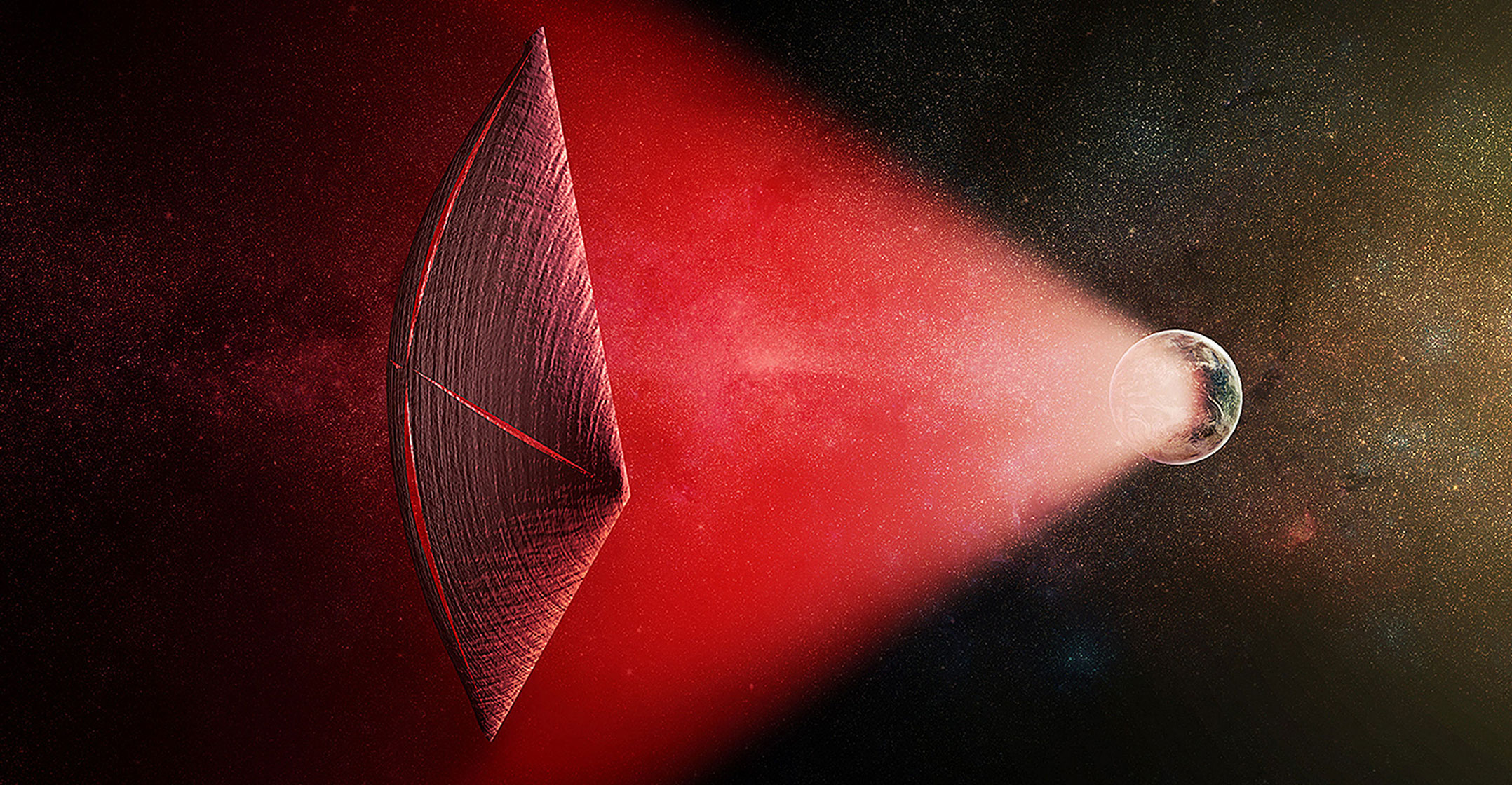 Mysterious repeating energy bursts from deep space that some experts have suggested could be evidence of advanced aliens have been detected for only the second time.
Mysterious repeating energy bursts from deep space that some experts have suggested could be evidence of advanced aliens have been detected for only the second time.
Fast radio bursts (FRBs) are millisecond-long flashes of radio waves whose origin is unknown.
Most scientists believe they are generated by powerful astrophysical phenomena such as black holes or super-dense neutron stars. But a few have suggested more outlandish theories.
Avid Loeb, from the Harvard-Smithsonian Centre for Astrophysics in the US, argues that they could be evidence of incredibly advanced alien technology.
FRBs were first detected accidentally in 2007, when a burst signal was spotted in radio astronomy data collected in 2001.
The new discovery reported in the journal Nature was made by a Canadian-led team of astronomers on the hunt for FRBs.
Over a period of three weeks last summer the team detected 13 of the flashes using a new type of radio telescope, the Canadian Hydrogen Intensity Mapping Experiment (Chime).
One of the FRBs was repeating. Of more than 60 FRBs detected to date, such repeating bursts have only been picked up once before, by the Arecibo radio telescope in Puerto Rico in 2015.
‘More out there’
Where the FRBs come from is not known, though they are thought to emanate from sources billions of light years away outside our galaxy, the Milky Way.
Chime astrophysicist Ingrid Stairs, from the University of British Columbia, Canada, said: “Until now, there was only one known repeating FRB. Knowing that there is another suggests that there could be more out there. And with more repeaters and more sources available for study, we may be able to understand these cosmic puzzles — where they’re from and what causes them.”
Most of the 13 FRBs showed signs of “scattering” that suggest their sources could be powerful astrophysical objects in locations with special characteristics, the scientists said.

Team member Cherry Ng, from the University of Toronto, Canada, said: “That could mean in some sort of dense clump like a supernova remnant. Or near the central black hole in a galaxy. But it has to be in some special place to give us all the scattering that we see.”
The new FRBs are are also at unusually low radio frequencies. Most previously detected FRBs have had frequencies of around 1.4GHz, but the new ones fell within a range below 800MHz.
In 2017, Loeb and Harvard colleague Manasvi Lingham proposed that FRBs could be leakage from planet-sized alien transmitters. Rather than being designed for communication, they would more likely be used to propel giant space ships powered by light sails.
A light sail works by bouncing light, or in this case radio beams, off a huge reflective sheet to provide forward thrust.
Loeb, who discusses the idea in a paper published in The Astrophysical Journal Letters, said: “An artificial origin is worth contemplating and checking.”

